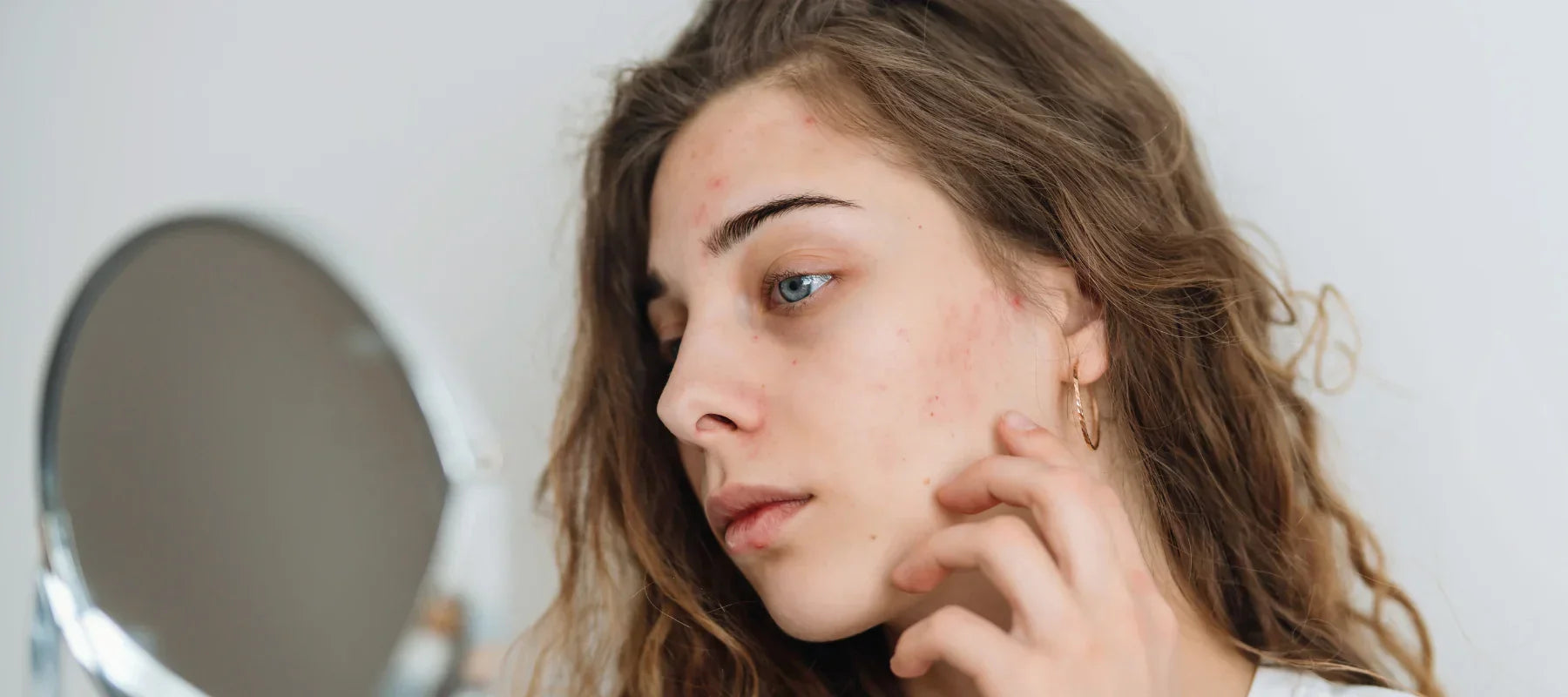
Effects of Hard Water on Skin: Issues, Rashes & Symptoms You Should Know
Have you ever walked out of a shower and felt that it would be tighter than usual, drier than normal, or even the skin on your body would feel a bit itchy? If yes, maybe your water is trying to tell you something--and no, we're not being dramatic.
Hard water will most likely be the culprit. Yes, the same water you wash your face with daily could work against your skin goals.
Let's dive in and understand hard water, its effect on your skin, and, most importantly, how to safeguard that beautiful glow.
What is hard water?
Before discussing how hard water affects your skin, let's define it.
Hard water is simply characteristic of water with an above-average concentration of minerals, mainly calcium and magnesium. Although these minerals aren't toxic to health, they could be unfriendly to your skin and hair.
When you use hard water daily, it doesn't just rinse off your skin. It often leaves behind a trail of mineral residue that can interfere with your skin's natural balance.
Effects of hard water on skin
The main effects that you could see due to hard water on your skin can be:
1. Disrupts the skin's natural moisture barrier
Your skin has its little shield, a natural moisture barrier that keeps in the good stuff, such as hydration, and keeps out the bad stuff, like pollution and bacteria. However, your skin's mineral load can disturb this subtle barrier.
Once this barrier is broken, the skin becomes vulnerable, easily irritated, much more sensitive, and far less hydrated than it ought to be. The hard water minerals can interact with the natural oils on your skin and weaken its defences over time.
2. Causes dryness, irritation, and sensitivity
Ever feel like your skin is constantly calling out for moisturiser, no matter how much you apply? Hard water could be the cause, as high amounts of harsh minerals dehydrate your skin, making it feel dry, tight, and sometimes rough.
People with sensitive skin may notice redness, stinging, or a burning sensation post-wash. The long-term exposure? It's like running a soft cotton cloth over sandpaper daily-it wears you down slowly but surely.
3. Residual mineral buildup leading to dull, rough skin
Another major problem is the leftover residue-hard water doesn't always rinse off thoroughly. It simply stays on and builds layer by layer, often leading to rough skin on face and making the skin feel coarse all over. Over time, this buildup can cause dullness by stripping away the skin's natural glow, leaving it looking tired and lifeless.
Hard water skin issues & symptoms
Let's zoom in on what your skin might be experiencing. These aren't just theoretical effects-people deal with symptoms daily without realising hard water is the cause.
1. Dryness and tightness after washing
This is among the most quintessential hard water skin symptoms. If, after washing your face or taking a shower, the skin is tight, squeaky, or too dry, it's the voice of your skin saying, "Help! I'm thirsty!"
2. Increased risk of acne and clogged pores due to residue buildup
Mineral residues settle in your pores like an uninvited guest that does not leave. Add improper rinsing of leftover soap or cleanser, and you get the perfect storm of clogged pores and breakouts. To avoid this, follow some effective unclogging pores tips and tricks, like double cleansing, using exfoliants gently, and rinsing thoroughly after every wash.
3. Hard water and skin rashes: how minerals can trigger irritation
Hard water is not a myth that causes skin rashes. The mineral content can irritate, especially when the skin barrier is already breached. These usually present as red, itchy patches, easily confused by allergy or eczema.
Children and very sensitive people are especially prone to skin rashes. Overall, your skin is just reacting to something that it doesn't recognise.
4. Exacerbation of eczema, psoriasis, and other skin conditions
For all patients suffering from chronic skin conditions such as eczema, psoriasis, or rosacea, hard water is one very important triggering factor causing their recurrent or severe exacerbation.
Why? Because infection and additional irritation will make the already impaired barrier the perfect haven for sensitive skin. Complicating the inflammatory state also increases repair time.
Hard water skin rash treatment & prevention
Now for the good news-you're not stuck with these symptoms forever. There are simple, skin-loving ways to treat and even prevent the negative effects of hard water.
Using mild, pH-balanced cleansers to prevent skin irritation
First of all, be kind to skin. Harsh cleansers with potent surfactants will only add fuel to the fire. Use gentle, pH-balanced cleansers which respect your skin's natural barrier. This technique ultimately creates a much more balanced environment, helping your skin do a great job of cleansing without stripping it too much.
Applying hydrating moisturisers to counteract dryness
Seal that moisture up like your skin's best-kept secret: Apply a gel moisturiser by The Pink Foundry to slightly damp skin right after cleansing. If you're wondering how to use face moisturiser correctly, this is key-apply it while your skin is still moist to help lock in hydration. Look for ingredients such as hyaluronic acid, glycerin, and ceramides. These powerhouse hydrators help attract and retain moisture, undoing some of the damage caused by hard water.
Installing a water softener or using filtered water for skincare
This might sound like a big step, but it's one of the most effective solutions. A water softener removes those pesky minerals before they ever touch your skin. If that's not possible, use filtered or distilled water, at least for your facial cleansing routine. This is a small change that can bring a big transformation.
Conclusion
Hard water might be common, but it doesn't have to come between you and your healthiest skin. Whether it's disrupting your moisture barrier or leaving behind invisible mineral residue, it's essential to recognise the signs and take control of your skincare environment.
Once you understand what's affecting it-like hard water-you can support it with confidence, care, and consistency.
Your skin isn't just reacting-it's responding. And with the right love, it will glow right back.
FAQs
How does hard water affect skin health?
Hard water contains minerals like calcium and magnesium that can disrupt your skin's natural barrier, leading to dryness, irritation, and buildup that blocks hydration and clogs pores.
Can hard water cause acne or breakouts?
Yes, the mineral residue left on your skin can mix with leftover cleansers or oils and clog pores, increasing the risk of acne and breakouts, especially if you have oily or sensitive skin.
What are the symptoms of hard water irritation on the skin?
Symptoms include dryness, tightness after washing, rough texture, increased sensitivity, redness, and sometimes rashes or flare-ups of existing conditions like eczema.
How can I treat a skin rash caused by hard water?
Start with a gentle, pH-balanced cleanser and follow up with a deeply hydrating moisturiser. Use filtered water if possible, and try a final rinse with micellar water or diluted apple cider vinegar to remove residue. If symptoms persist, consult a dermatologist.
How can I protect my skin from hard water?
Use gentle skincare products, moisturise immediately after washing, install a water softener if possible, and be consistent with your skincare routine. Even small tweaks can make a big difference.



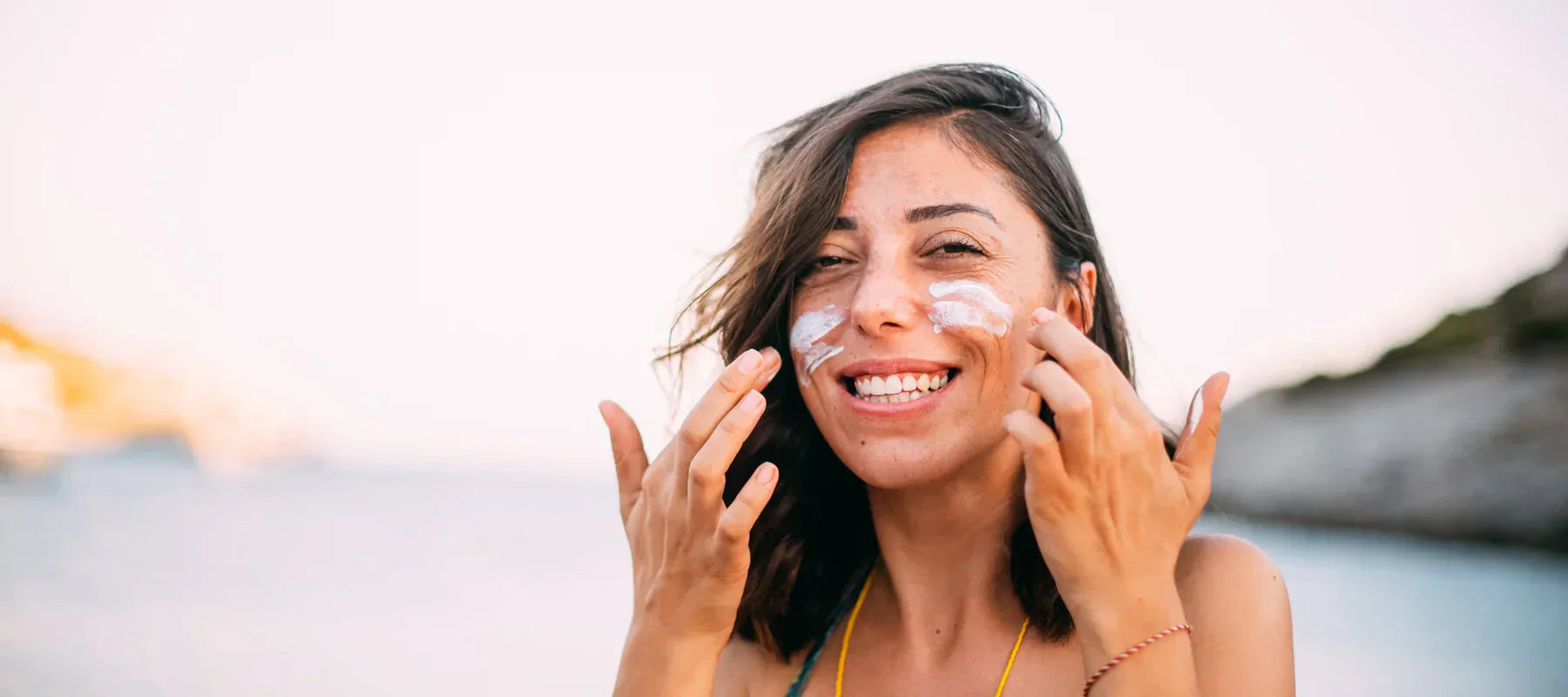



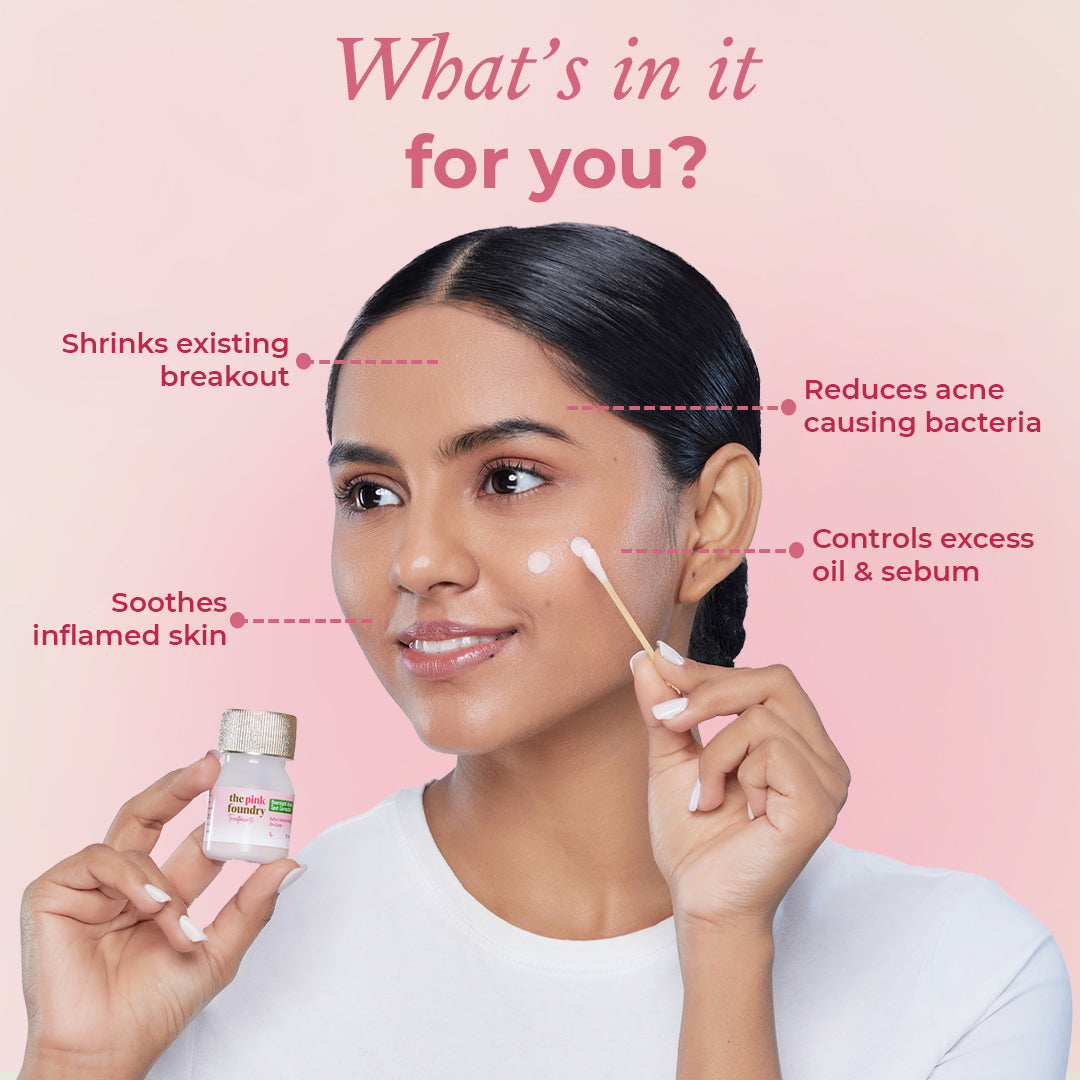
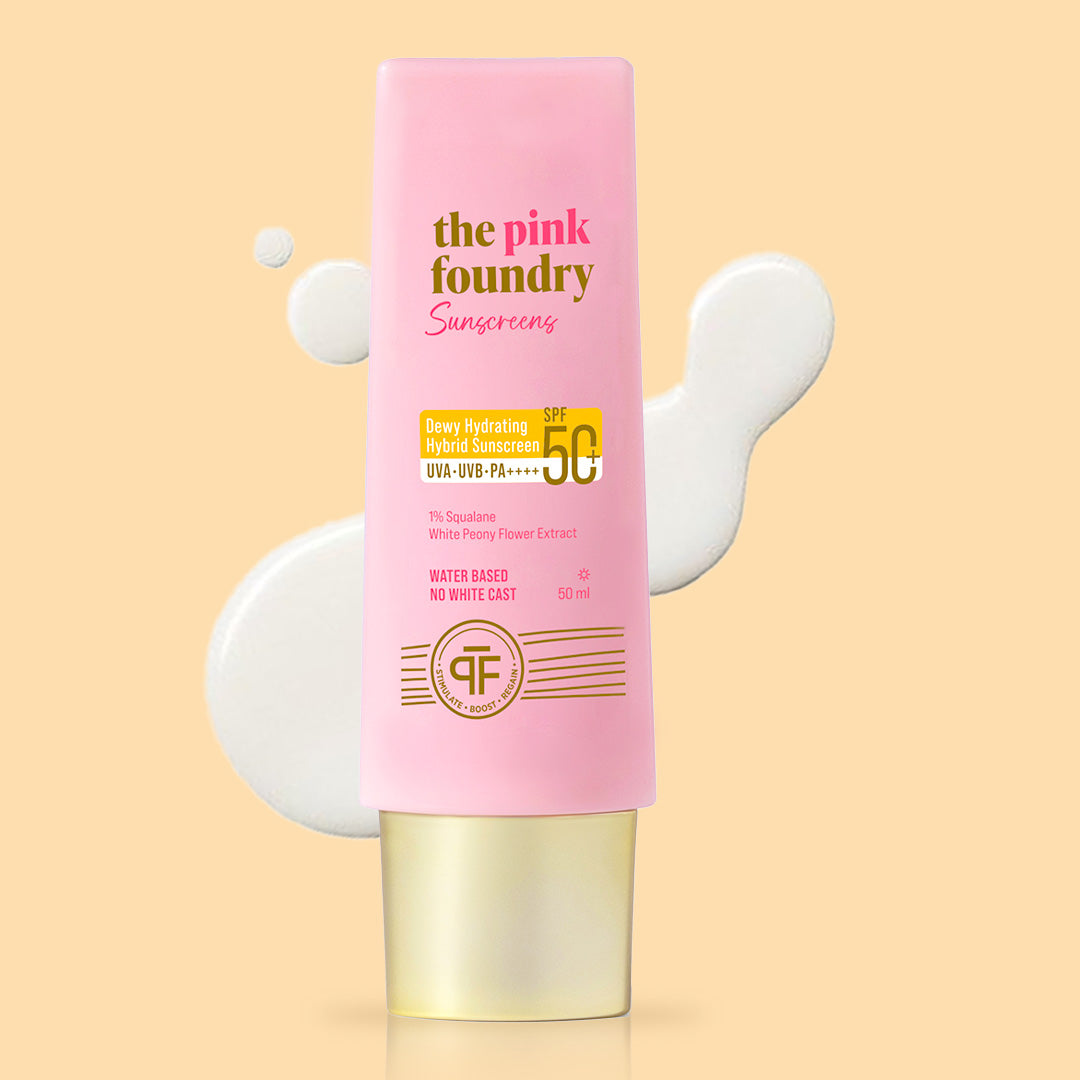
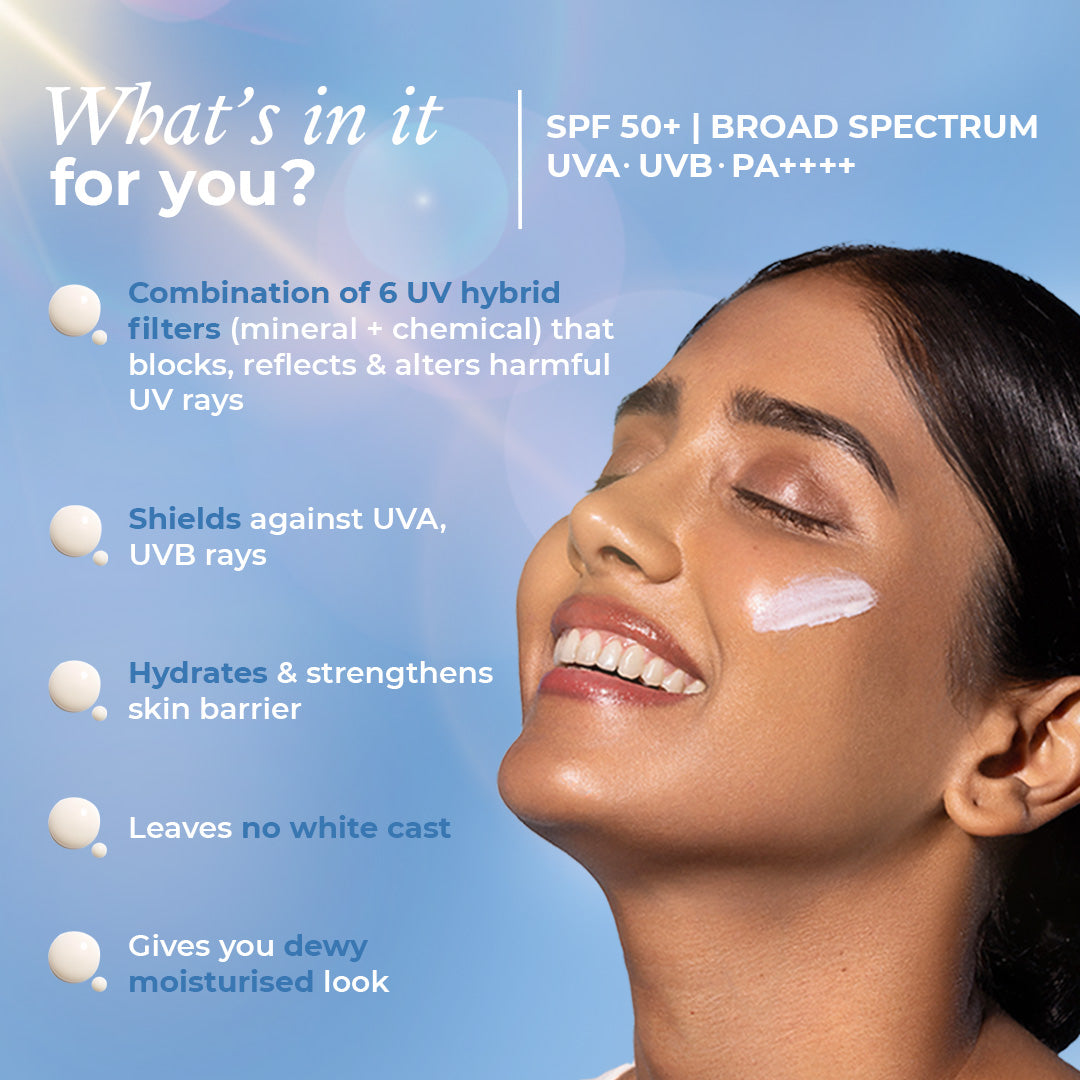


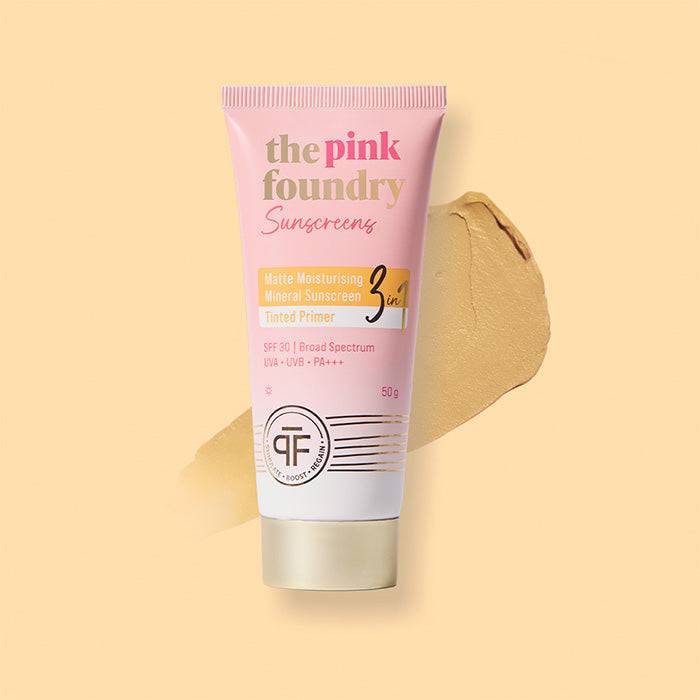
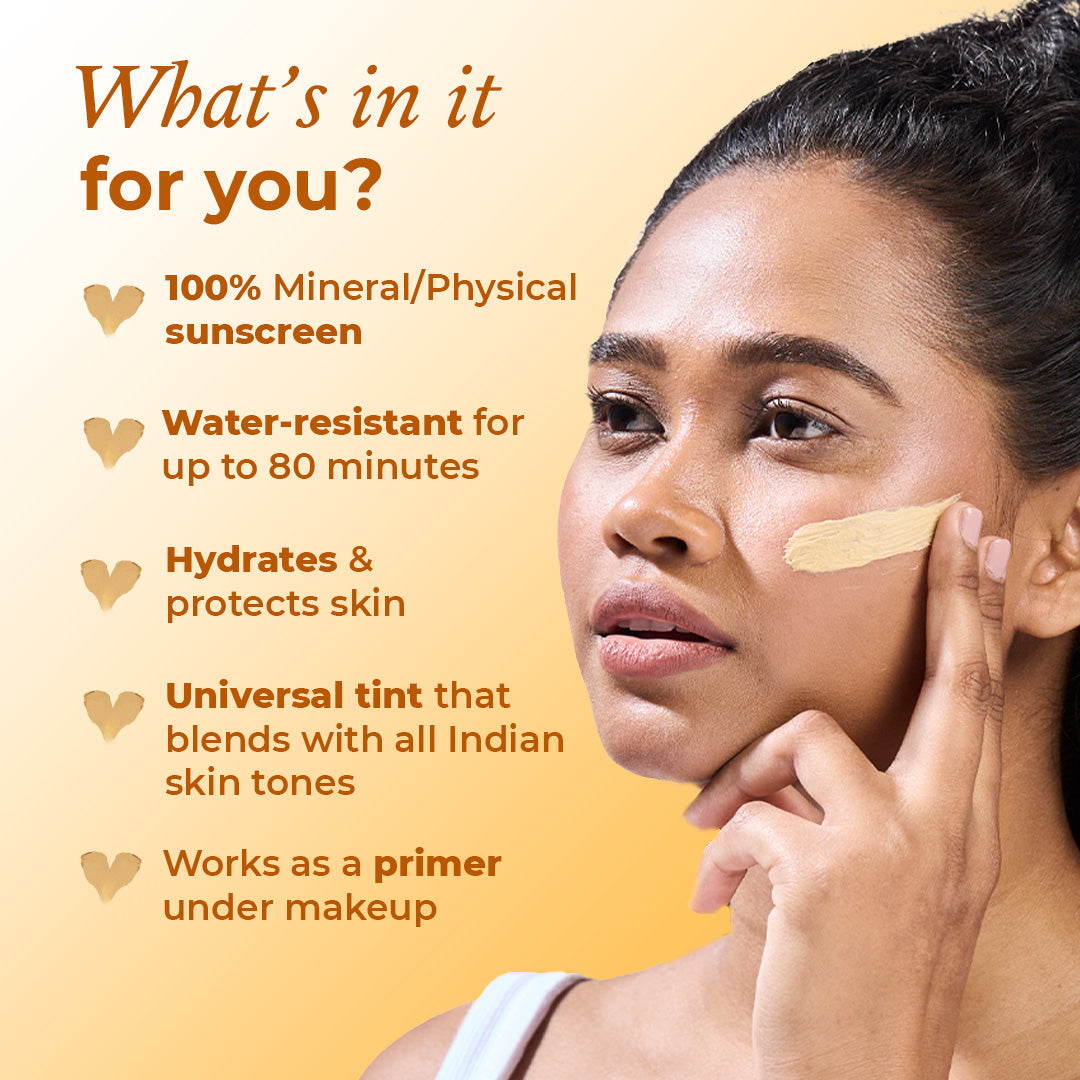



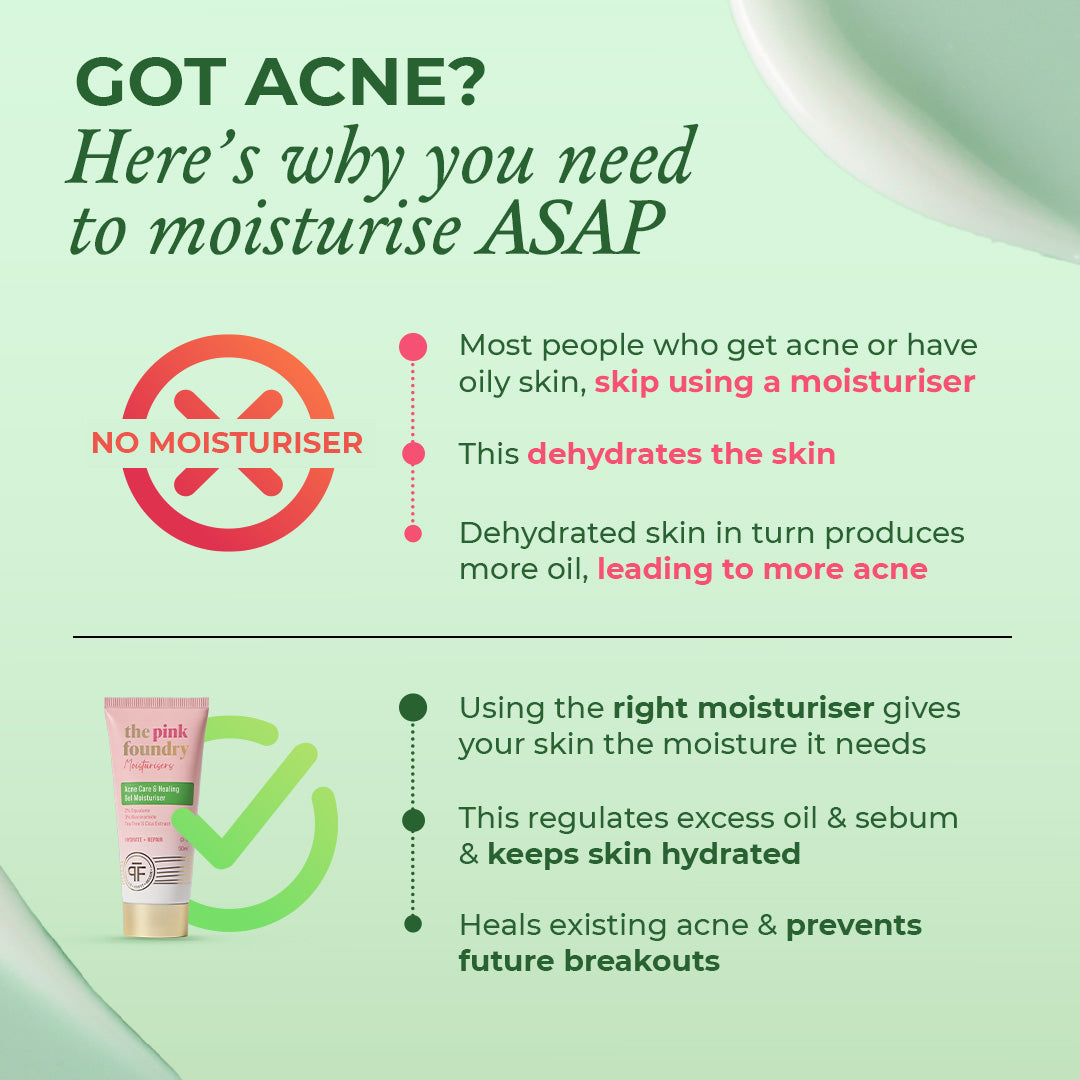
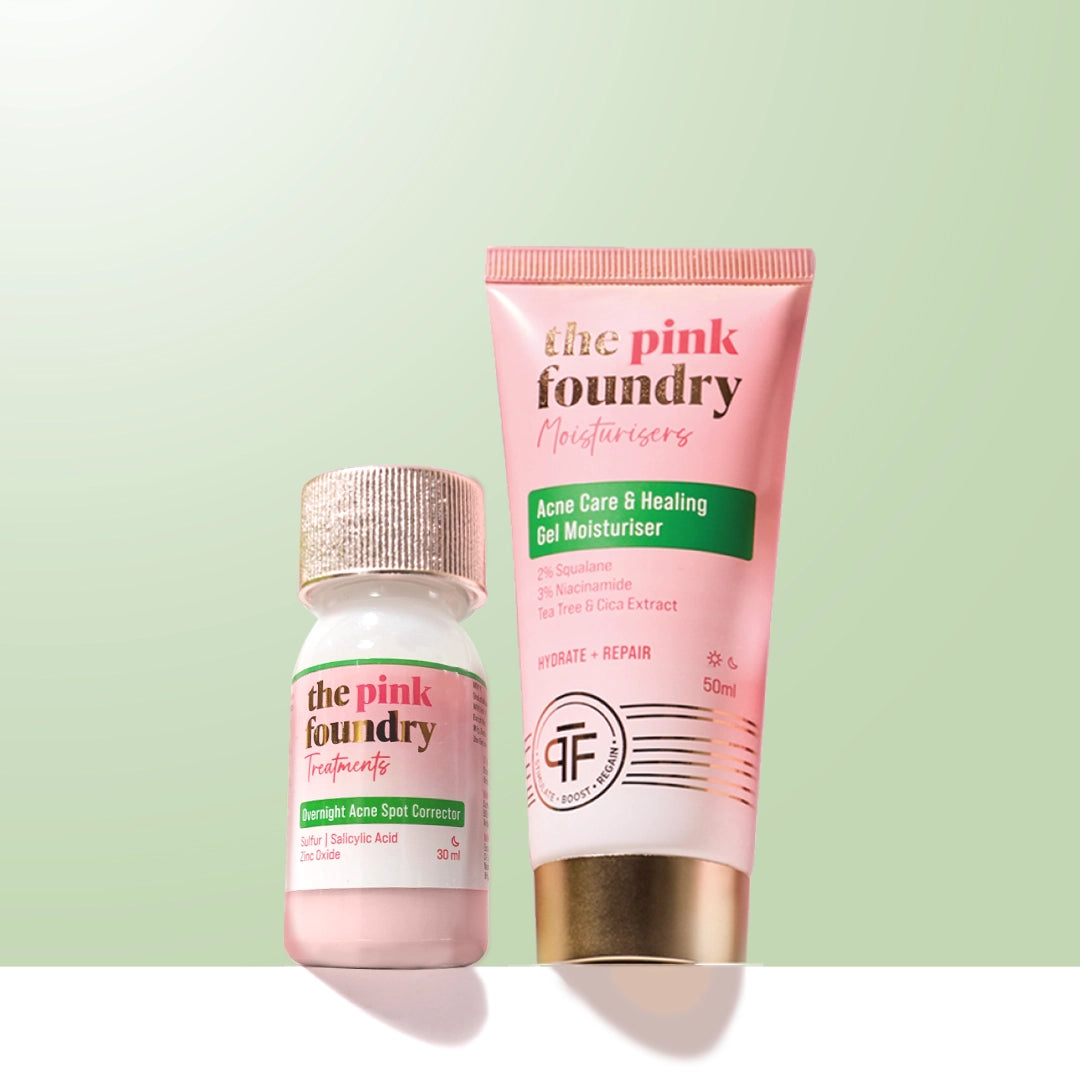
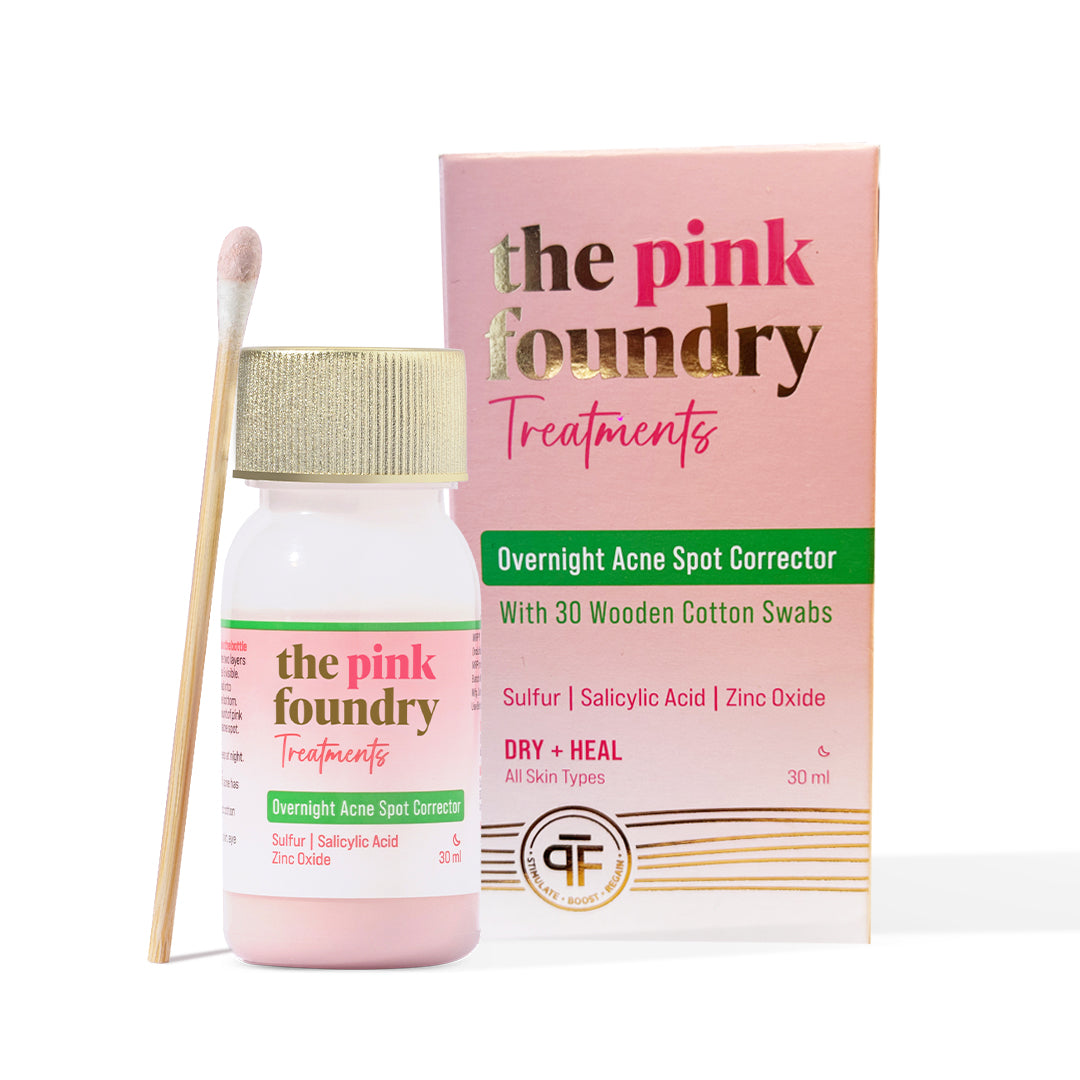
Leave a comment
This site is protected by hCaptcha and the hCaptcha Privacy Policy and Terms of Service apply.